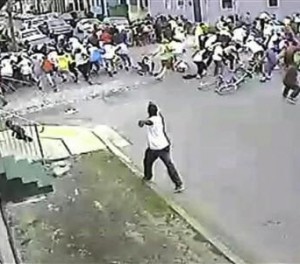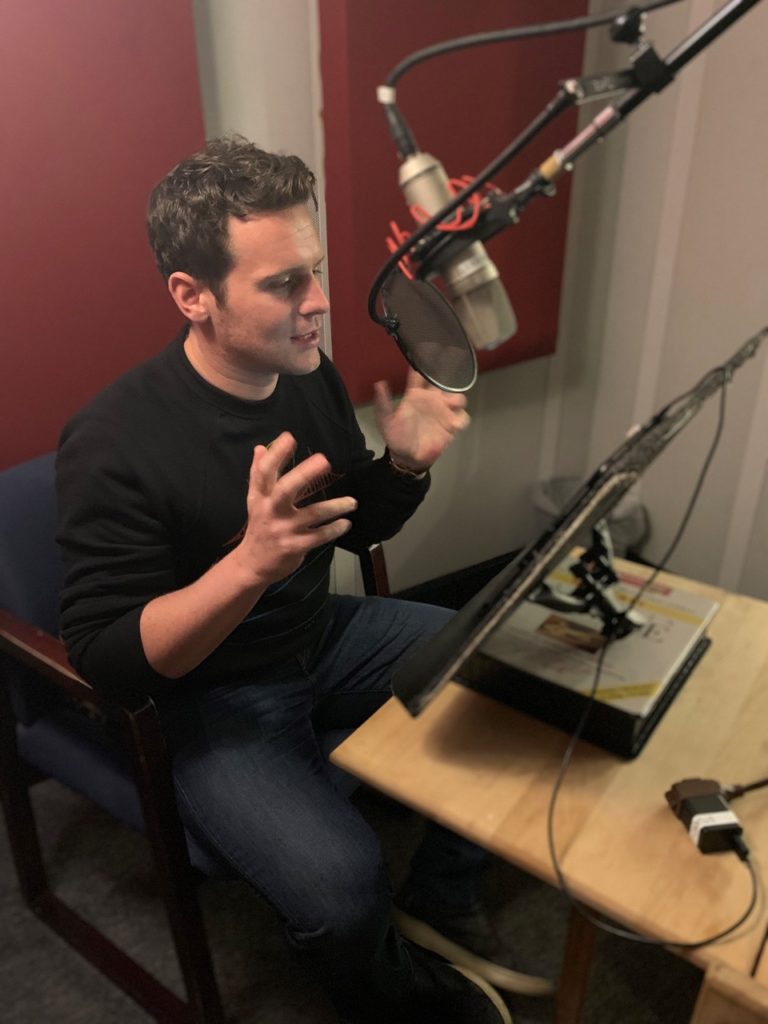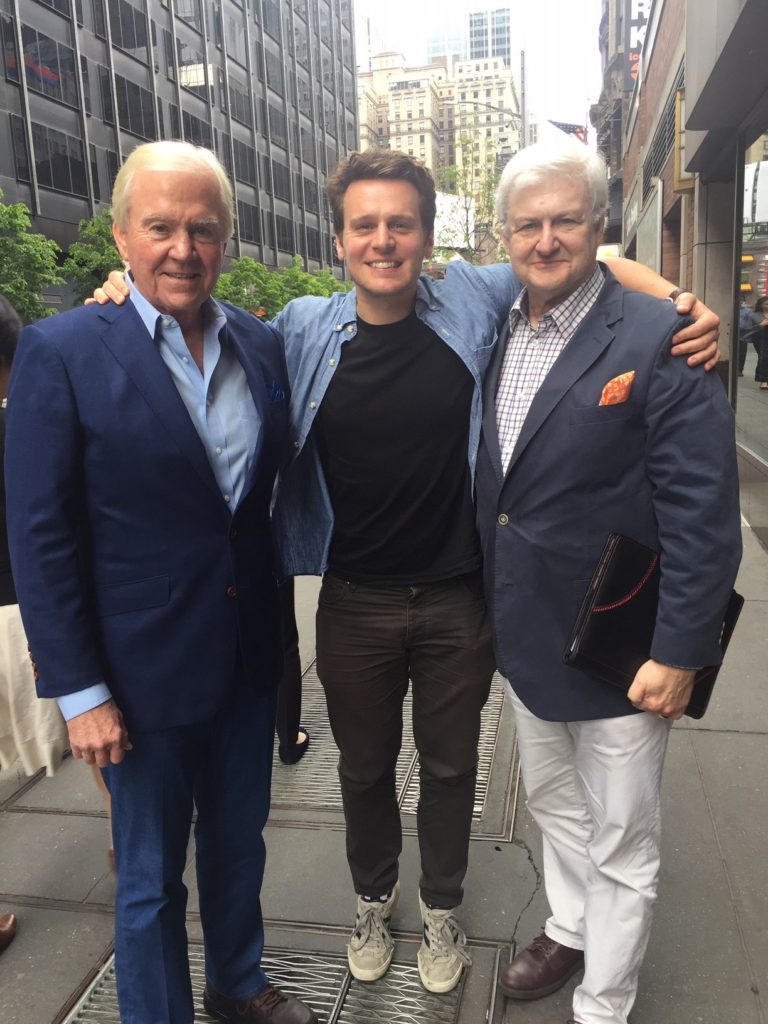Have you noticed how little coverage there has been on the Sunday shooting at the Mother’s Day Parade in New Orleans in which 19 people were injured by an apparently lone gunman?
Is it because no one was killed?
Is it because public shootings are so common?
Or is it because the 19-year-old suspect, Akein Scott, does not appear to be a terrorist?
Perhaps it is all of the above. But I can’t help thinking that if Mr. Scott had a less Anglo-Saxon and more Middle Eastern sounding surname, or if there were any strong suspicion that his act was intended as an Islamic terrorist strike, we would be all over this incident.
I think we need to get two things straight if we are ever going to achieve an intelligent balance in our public thinking and policymaking.
First: Every mass casualty shooting or bombing is an act of terrorism, whether it is politically motivated or not. It causes widespread fear and undermines our ability to go about or normal lives – that is the very essence of terrorism.
And second: Every thus-defined act of terrorism is a crime, and crime is a phenomenon we have to understand and deal with on its own terms.
In other words, we seem to have the attitude that we must – and can – stamp out political terrorism. It won’t happen, any more than we can stamp out crime in general. We have to keep fighting it, but we have to keep it in perspective.
As I’ve said before, we have to come to grips with the reality of relative risk. We have to make a mature distinction – in emotion, in response, and in allocation of resources – among what is most likely to kill us, what most likely can hurt us, and what just makes us feel uncomfortable.
Recent polls suggest that about half of all Americans are willing to have some rights restricted to combat terrorism. What if those same polls had asked if we would restrict our rights to combat crime in general? And what if those polls had asked specifically if among those rights concessions would be some restriction on guns?
I’ll bet the responses would have been radically different.
I’m not saying we should forget about the potential for terrorism. But I am saying we need to keep our perspective and balance.
Because if we don’t, then the terrorists have already won.




























This has been a point of contention in Indianapolis when Shamus Patton was arrested while out on probation after 2 years for firing into a crowd at the Black Expo. He was picked up with some cronies w/firearms and hadn’t been job hunting like he was supposed to be doing.
http://fox59.com/2013/06/19/man-convicted-in-2010-black-expo-shootings-arrested-after-police-chase/#axzz2ZlERUfys
Where’s the Balance? – http://t.co/W4DnLYao6B
I agree. I think what happens is islamic terrorism gets mixed with that tendency of some to be scared and dislike ”other” (i.e. those people we don’t know and don’t understand – they often dress differently).
At the moment many of the feelings towards ”other” are directed towards muslims and so it easily whips into something bigger than what it is. Journalists appear happy to run with stories promoting this lopsided way of viewing societal problems. I guess it sells.
This is not to downplay the effects of terrorist acts committed by muslims – it’s crime. But as you point out it’s part of the picture, not the whole.
Your our balance Mr. Olshaker and my stepfather heard nothing on it either. It concerns me as to where Federal Law Enforcements focus is at. I think the FBI goes through Eras of quality like any company and let’s be honest this is not the best one. Yours was and SSA Douglas, now generation X has a hold of it.
Would it be prudent to ask are you the first one in law enforcement to notice it? My role model is Pierce Brooks who created VICAP and it always will be.